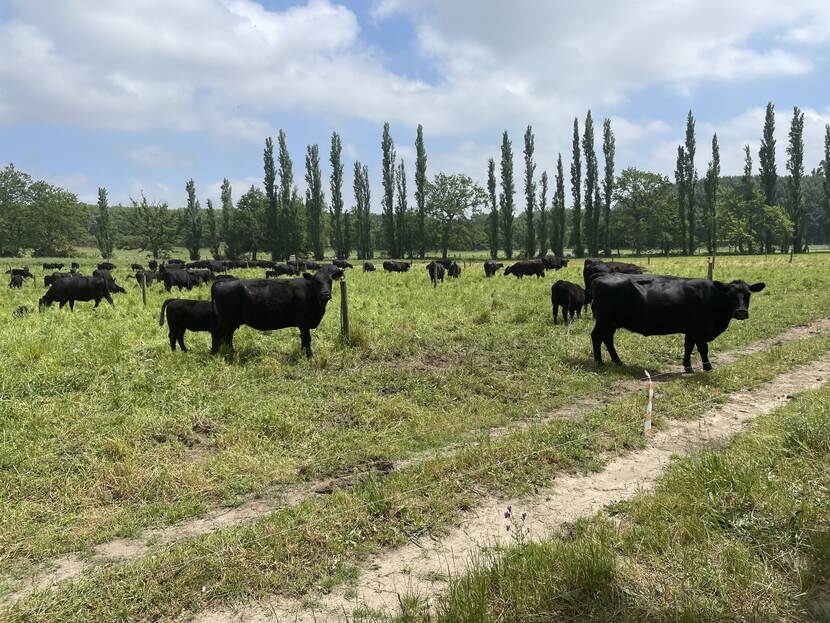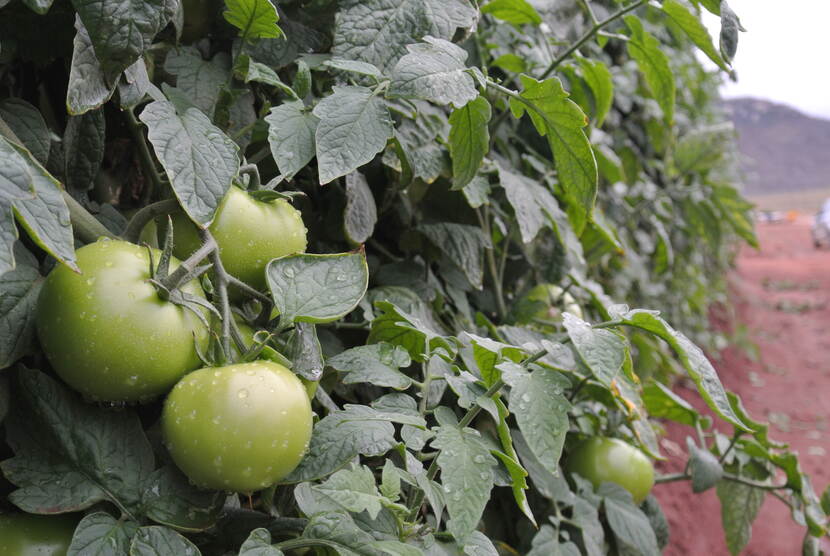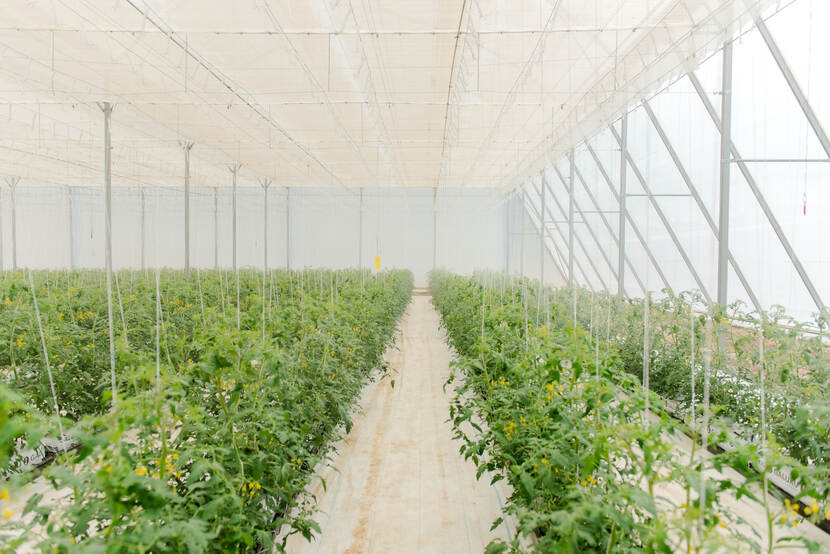South Africa 2024: a big year ahead
2023 was an eventful year for South Africa. Like many countries, South Africa faced rising costs, an energy crisis and logistical challenges. The agriculture sector wasn’t immune to these challenges and faced additional hurdles. That said, the sector continued to demonstrate its resilience and we expect this to hold firm, even as many of the challenges carry over into the new year. 2024 looks set to be just as eventful as the last, with the national elections coming up and the ruling party’s polls dipping below 50% for the first time.

While South Africa’s agriculture sector grappled with global challenges of rising costs of inputs such as fertilisers and fuel price increases, it also faced record hours of load-shedding (controlled power cuts) and congestion at major ports, which peaked during the December period. For a sector that is geared towards exports, this is a major challenge. South African agriculture generated $10.2bn (roughly € 9.3bn at time of writing) from exports in the first nine months of the year, up 1% from the same period in 2022. Although these issues will persist through 2024, there has been much anticipation for parliamentary approval of the Electricity Regulation Amendment Bill and the recently approved Freight Logistics Roadmap, which aim to address these challenges.
Furthermore, livestock sectors were affected by diseases such as foot-and-mouth and avian influenza, while late winter flooding affected farmers in the Cape provinces. However, practices like regenerative farming, which are gaining traction in South Africa have demonstrated an immunity to these kinds of challenges. During minister Adema’s visit to Boschendal farm, farmer Charles Edmonds discussed how the healthy soil on their regenerative farm was able to hold the excess moister during the flooding and explained how their free-roaming chickens had remained unaffected by avian influenza.

On another positive note, South Africa’s citrus growers exported a record number of cartons (15kg), packing over 165 million for the international market, roughly 800.000 more than the previous year. Field crop production was also strong, which can be attributed to the wetter weather in the Cape. Horticulture in general experienced a better year compared to 2022, according to Agbiz CEO, Theo Boshoff.
The current El Niño weather cycle has also not yet been as strong as expected. While a dry season was anticipated, regions are receiving positive summer rainfall. However, agriculture economist Wandile Sihlobo warns that the real impacts of El Niño could emerge in March with dryer than normal weather conditions leading into South Africa’s winter period.
South Africa will have its seventh democratic national elections this year. It is highly expected that the ruling ANC will receive its lowest support since it was voted into power in the first democratic elections in 1994, 30 years ago. There is a general consensus that South Africa’s political parties will have to learn to work together as the country enters an era of coalition governments. Although coalition governments have had mixed results in cities such as Johannesburg, opposition and smaller parties have shown initiative to develop a framework for working together.

Despite these uncertainties, the private sector in South Africa remains resilient and strong. Many private companies are stepping up to mitigate the energy challenges by switching to renewable power or setting up programs to repair roads. The agri-food sector also managed to absorb much of the costs associated with inflation and other inputs, which helped ease the burden on consumers through 2023.
In the next month, the President and Finance Minister will give their State of the Nation (SONA) and budget speeches, which will set the tone for the year. It will be good to keep an eye on these developments and to take note of how policy and budget could affect agriculture, business and trade in the year ahead, particularly in this important election year.
For more information on the agriculture sector in South Africa and related opportunities, please contact us pre-lnv@minbuza.nl